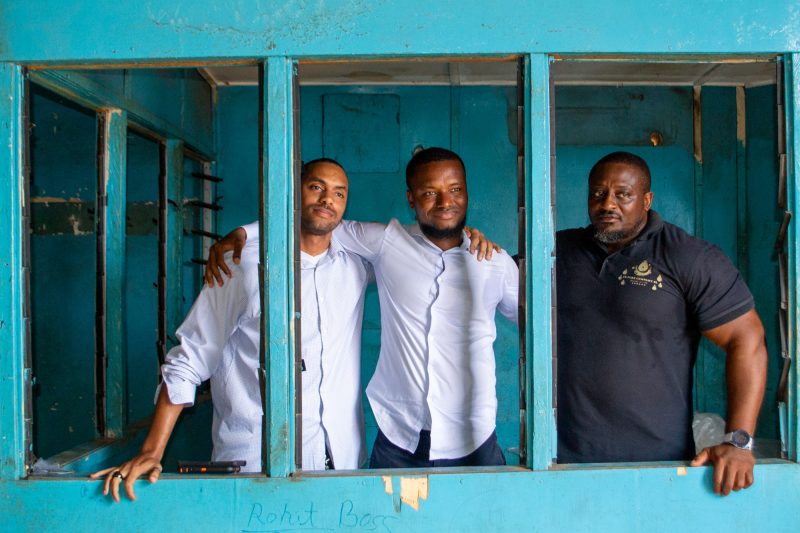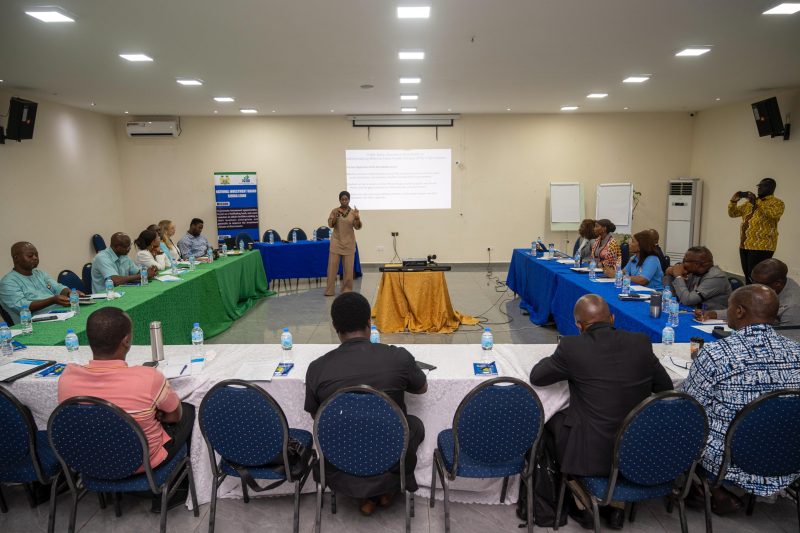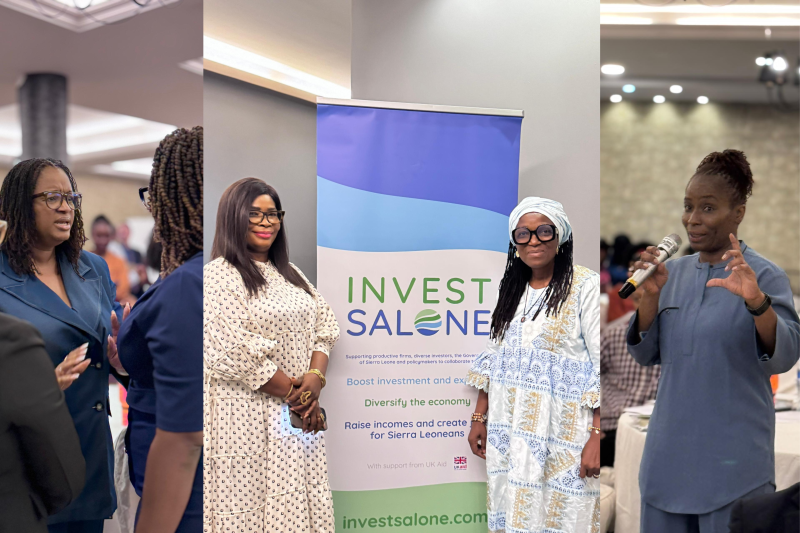Stakeholders with an interest in mitigating the risks of climate change on the Sierra Leonean economy and accessing finance to place the economy on a more sustainable footing, will come together on 15 September to further discussions on mainstreaming sustainable finance standards in their operations. These discussions commenced during the climate negotiations for COP26 last year and aim to widen private sector access to the $100bn of sustainable finance earmarked for developing countries.
Policy changes resulting from the international climate change agenda, government commitments to National Determined Contributions (including from the Government of Sierra Leone), as well as an increased emphasis on Environmental, Social and Governance (ESG) standards mean that financing sustainable economic development is now a priority for development financiers.
Sierra Leone’s banking sector is increasingly in agreement on the need for a coordinated approach towards developing sustainable finance standards that will both reflect Sierra Leone’s economic needs and attract responsible investment. The public-private dialogue (PPD) taking place on 15 September will explore options for taking this forward.
The event will be facilitated by Invest Salone, the UK-funded private sector development initiative, and will be attended by representatives from the Ministry of Finance, the Bank of Sierra Leone, the Sierra Leone Association of Commercial Banks, and the private sector.
Mike Coates, an international consultant with Invest Salone, explains: “Tomorrow’s PPD is an opportunity to begin a frank national conversation about the challenges and requirements for widening access to sustainable finance and creating an overarching framework within which to situate Government of Sierra Leone initiatives around sustainable/climate financing and carbon credits. Other countries around Africa are developing their own sustainable finance roadmaps. Sierra Leone isn’t too far behind but can learn lessons from these early movers and leapfrog ahead of them.”
Topics for discussion include:
Sustainable financing principles for financial institutions: Climate finance is a major focus for development financiers, and the UK is a leader in this sector. Financial institutions will need to optimise their credit and investment strategies around this new reality and adopt effective risk-based approaches to pricing. On a transaction basis, financial institutions will be vital in cascading the ESG risk management culture to their investees or borrowers.
Directed Lending/Green Credit Guarantee Scheme: Credit guarantees are a well-known conventional credit enhancement and risk-sharing instrument. They can be used to address a wide range of financial and private sector market gaps, from global export finance by multinationals to smallholder farmers in emerging markets.
National Green Development Bank: A national green development finance institution, with a sustainability focus and the mandate to crowd in private finance for economic development by taking risk positions not currently envisaged by commercial banks, could focus on those sectors that offer both market opportunities, and mitigation and adaptation potential.






